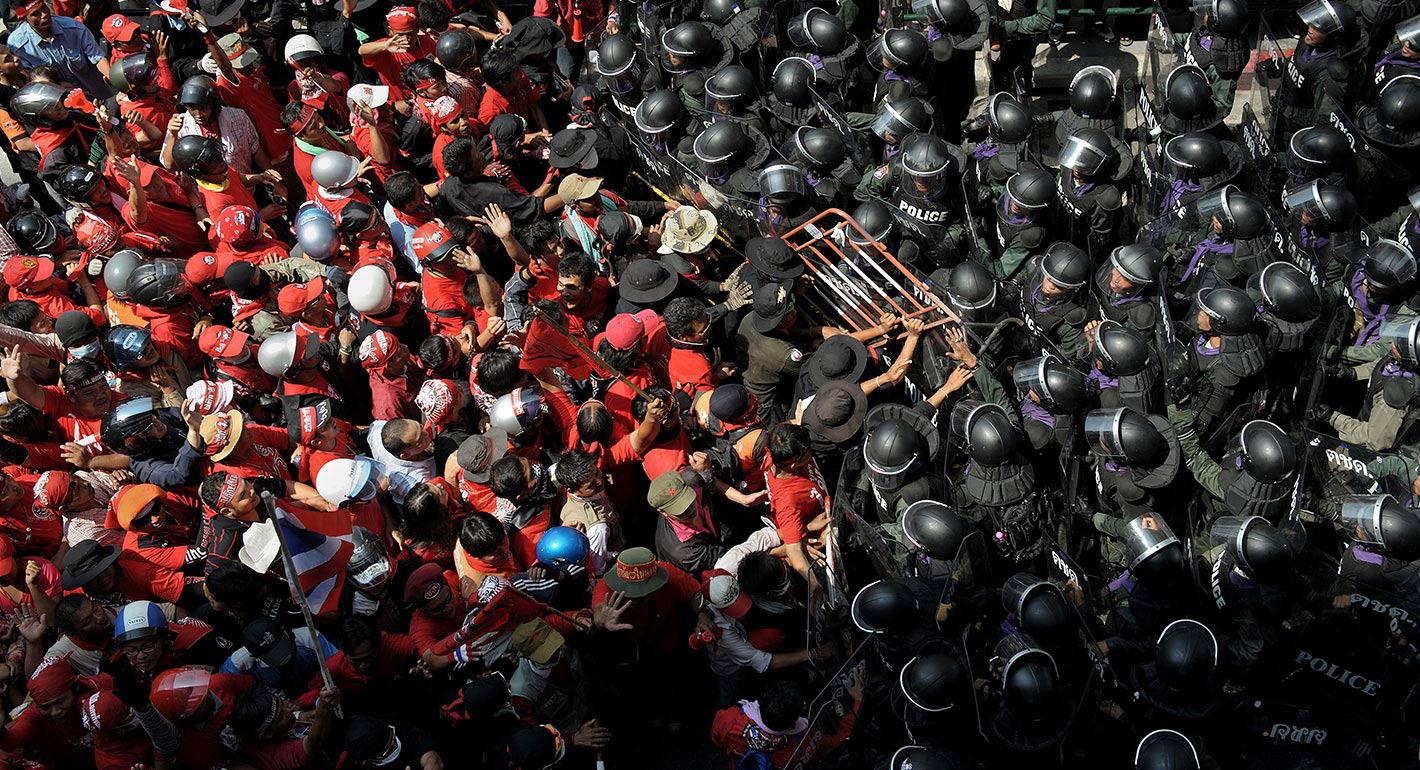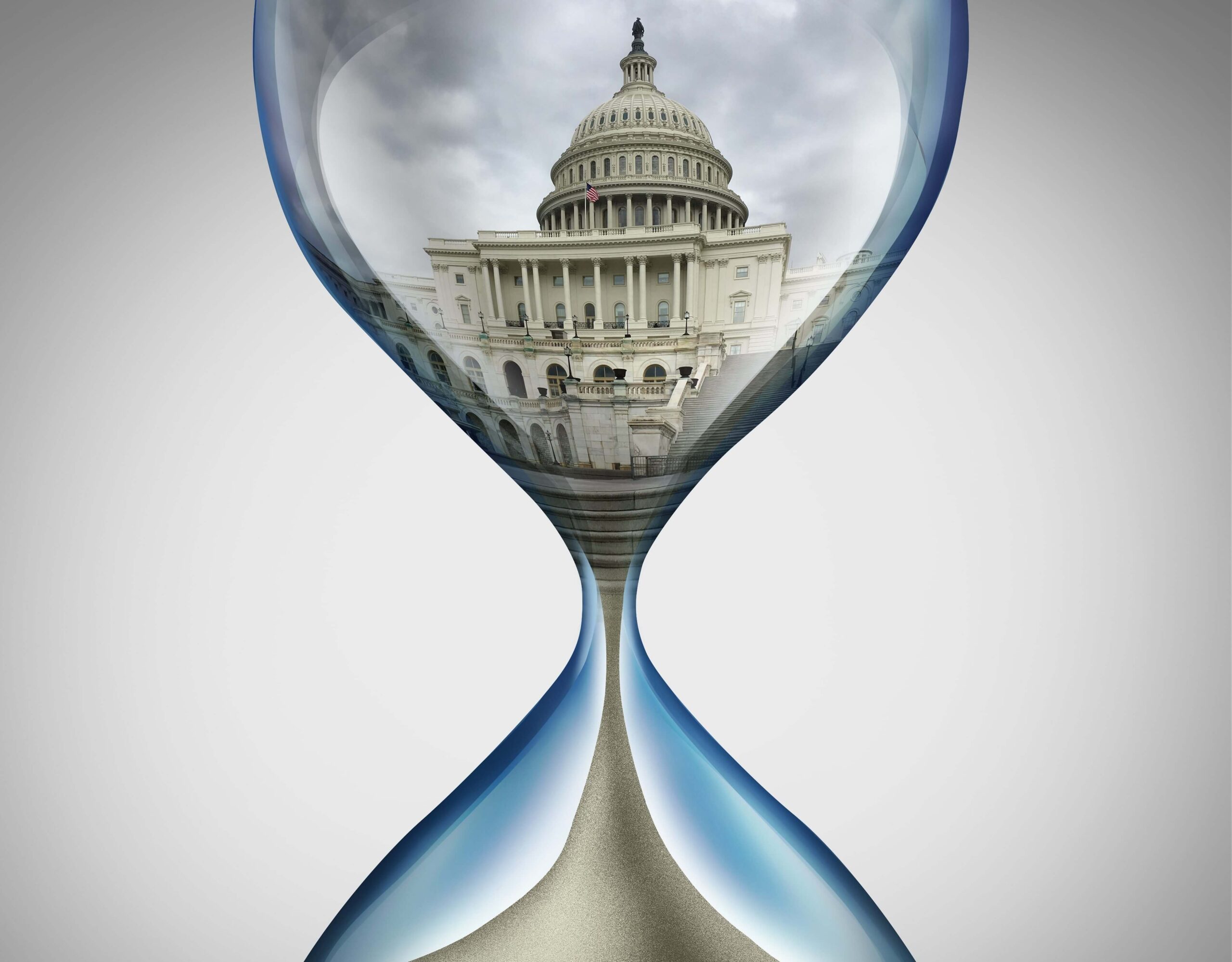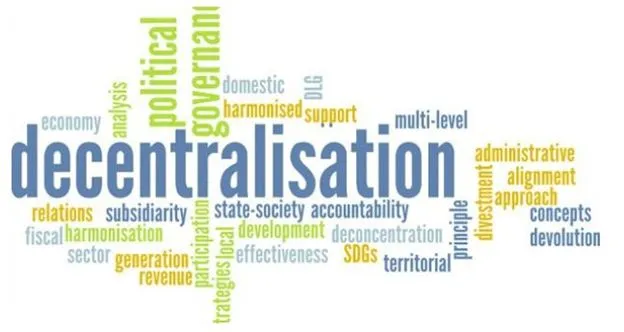Political Polarization Impact on Democratic Governance
Explore the effects of political polarization on democratic governance and social cohesion. Learn how polarization impacts our society

Analyzing the Impact of Political Polarization on Democratic Governance and Social Cohesion
In an era defined by constant access to information and a 24/7 news cycle, political polarization has become a prominent issue affecting democratic governance and social cohesion. This phenomenon is not unique to any one country; it is a global concern, with the United States often serving as a prime example. In this blog, we will delve into the complex interplay between governance and politics, the role of political news in shaping public opinion, and the impact of political polarization on democratic institutions and social unity. We will also touch upon the strategies employed during political campaigns in this divisive climate and discuss upcoming political events that may further exacerbate polarization.
Governance and Politics
Governance and politics are two intertwined concepts that form the backbone of any democratic system. Governance refers to the process of decision-making and implementation of policies and laws by the government, while politics encompasses the competition for power and the expression of diverse political ideologies. The functioning of a democracy relies on a delicate balance between these two elements. However, when polarization enters the equation, this balance can be disrupted.
The Role of Political News
In the digital age, access to news and information is easier than ever before. The rise of 24/7 news channels, online news websites, and social media platforms has created a constant stream of US political news. This constant exposure to political news today can be both informative and overwhelming. It has the power to shape public opinion, influence political discourse, and contribute to the polarization of society.
The spread of misinformation and the echo chamber effect, where individuals are exposed only to information that aligns with their preexisting beliefs, are two significant consequences of the modern news ecosystem. These factors further deepen the divide between political ideologies, making it increasingly difficult for citizens to engage in constructive dialogue.
The State of World Politics
Political polarization is not limited to one nation; it is a global phenomenon. International political news often highlights the growing divide between countries with differing political systems and ideologies. This global polarization can hinder diplomatic efforts, impede cooperation on critical issues like climate change and international security, and contribute to geopolitical tensions.
Impact on Democratic Governance
In a polarized political climate, democratic governance faces significant challenges. Cooperation between political parties becomes increasingly rare, leading to legislative gridlock and the inability to address pressing issues. Furthermore, public trust in democratic institutions may erode as citizens perceive these institutions as partisan and ineffective.
Impact on Social Cohesion
The impact of political polarization on social cohesion is equally profound. When political ideologies become polarized, individuals may view those with differing opinions as adversaries rather than fellow citizens. This can lead to social fragmentation and reduced empathy for those outside one's political tribe. Social cohesion, a key element of a stable society, is thus threatened.
Political Campaign Strategies
Political campaigns are not immune to polarization. Candidates often use divisive rhetoric and tactics to appeal to their base, further deepening the political divide. Negative campaigning and the demonization of opponents have become commonplace in many democratic systems, undermining the principles of fair and respectful discourse.
Upcoming Political Events
Looking ahead, it is crucial to consider how upcoming political events may exacerbate or mitigate political polarization. Elections, referendums, and major policy decisions all have the potential to either deepen existing divisions or provide an opportunity for reconciliation and compromise.
Navigating the Path Forward
Addressing political polarization requires a multi-pronged approach that involves individuals, political leaders, and institutions. Here are some strategies to help navigate the path forward:
Media Literacy: Citizens should be educated on how to critically evaluate news sources, fact-check information, and recognize bias in reporting. This empowers individuals to make informed decisions rather than succumbing to the echo chamber effect.
Political Education: Schools and educational institutions can play a pivotal role in teaching students about the democratic process, the importance of civil discourse, and the value of diverse perspectives. This can help build a more politically informed and engaged citizenry.
Bipartisanship: Political leaders should prioritize bipartisanship and compromise over ideological purity. While it may be challenging in polarized times, finding common ground is essential for effective governance.
Campaign Finance Reform: Limiting the influence of money in politics can reduce the extent to which special interests shape political campaigns. Campaign finance reform can help level the playing field and make elections more about ideas than funding.
Promote Civil Discourse: Encourage respectful and constructive dialogue between individuals with differing political views. Platforms for civil discourse, such as town hall meetings and online forums, can provide spaces for meaningful conversations.
Transparency: Governments should prioritize transparency and open access to information. When citizens have access to data and decision-making processes, it fosters trust in democratic institutions.
Electoral Reform: Consider alternative electoral systems that promote proportional representation and encourage the inclusion of minority voices in the political process. These systems can reduce polarization by making it necessary for parties to seek broader appeal.
International Cooperation
Given that political polarization is a global issue, international cooperation and diplomacy become vital in addressing it. Nations should work together to combat the spread of disinformation, promote democratic values, and find common ground on critical global challenges. Initiatives that foster dialogue and cooperation between countries with differing ideologies can pave the way for more peaceful and productive international relations.
In a world marked by political polarization, the health of democratic governance and social cohesion hangs in the balance. The impact of political news, both nationally and internationally, cannot be underestimated in this context. It is a collective responsibility to combat the forces that divide us and to rebuild the bridges of understanding and compromise.
By promoting media literacy, encouraging civil discourse, and prioritizing transparency and cooperation, we can begin to reverse the trend of political polarization. It's essential to recognize that democracy thrives when it is inclusive, responsive to the needs of all citizens, and characterized by robust debate that seeks common ground.
As we navigate upcoming political events and campaigns, let us remember that the strength of a nation and the health of global politics depend on our ability to transcend polarization, find common purpose, and work together for a better future.
What's Your Reaction?

















